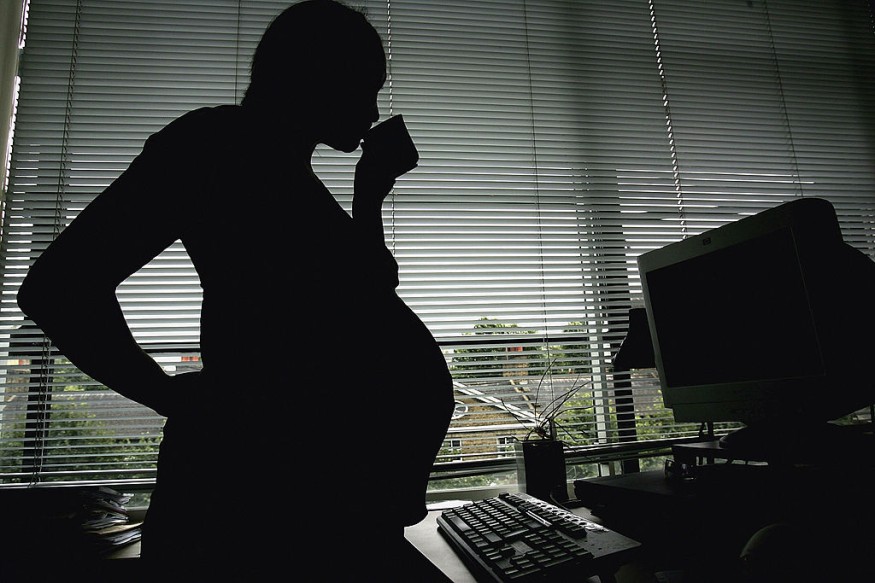Experts disagree on whether or not drinking coffee or other caffeinated beverages is safe for pregnant women. Although a recent observational study reveals that frequent and high caffeine consumption is unsafe during pregnancy, other doctors disagree.

Previously, experts have created guidelines saying that drinking 6.7 fluid ounces (200 milligrams) or less is not harmful during pregnancy, which was set by the Dietary Guidelines for Americans European Food Safety Authority and the UK NHS. Dr. Christopher Zahn of the American College of Obstetricians and Gynecologists, an organization that also took part in setting caffeine intake standards, said that this amount of moderate caffeine consumption 'does not appear to be a major contributing factor in miscarriage or preterm birth.'
The new review of several observational studies was released by the British Medical Journal - Evidence-Based Medicine, claiming that any amount of caffeine is unsafe during pregnancy. Led by Professor Jack James from Reykjavik University, the team looked at over 1,000 articles linking caffeine and pregnancy outcomes.
Caffeine and Negative Pregnancy Outcomes
32 of the studies concluded that caffeine significantly increased the risk of negative pregnancy outcomes such as miscarriage, stillbirth, childhood obesity, or low birth weight. Several studies also increased the risk of childhood acute leukemia. Professor James said, 'specifically, the cumulative scientific evidence supports pregnant women and women contemplating pregnancy being advised to avoid caffeine.'
Several reviewed studies also did not associate caffeine and preterm birth (premature birth). Nevertheless, the risk of adverse outcomes, said Professor James, means that the current caffeine consumption guidelines for pregnant women require 'radical revision.'
Read Also: Caffeine-addicted Pregnant Who Drank Nearly Three Liters of Coke Every Day Found Dead on Her Bed in New Zealand
Experts Disagree
Other experts disagree completely and say that the previous guidelines of low to moderate caffeine consumption remain safe. Dr. Daghni Rajasingam of the Royal College of Obstetricians and Gynaecologists said that the observational study 'does not supersede all the other evidence that has found that a limited intake of caffeine is safe for the majority of pregnant women.'
Dr. Alan Leviton, who teaches neurology at Harvard Medical School, was quoted by the National Coffee Association saying that 'The review draws conclusions from studies that rely on self-reported consumption data, which is notoriously inaccurate.' Andrew Shennan from King's College London shared that the negative outcomes of pregnancy may be linked to excessive consumption of caffeine associated with other harmful habits such as smoking cigarettes or alcohol consumption. The study also lacks indications if low intake of caffeine is harmful, said Shennan.
Dr. Rajasignam also commented on the increased risk of miscarriage and babies having health problems such as obesity later on saying that 'these risks are extremely small.' He also explained that even if the daily caffeine limit is exceeded, the risks do not significantly increase.
The caffeine guidelines are equivalent to about a 14-ounce cup of coffee at about 6.8 fluid ounces/210 mg. Aside from coffee, caffeine can also be found in tea, energy drinks, chocolate bars, and soda.
Read Also: Drinking in Pregnancy - Latest Insight into the Harms it Causes
Check out for more news and information on Caffeine and Pregnancy on Science Times.
© 2026 ScienceTimes.com All rights reserved. Do not reproduce without permission. The window to the world of Science Times.











